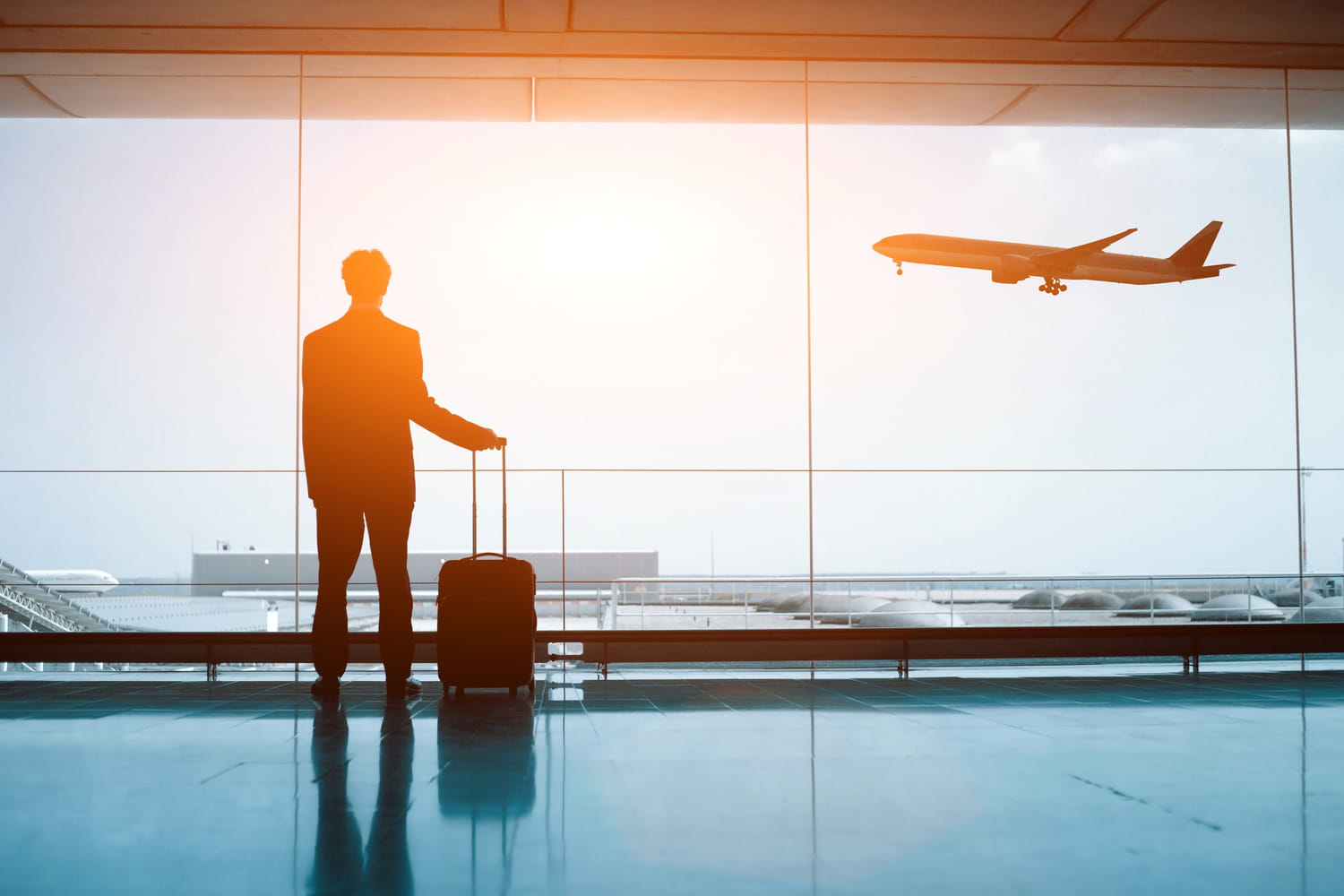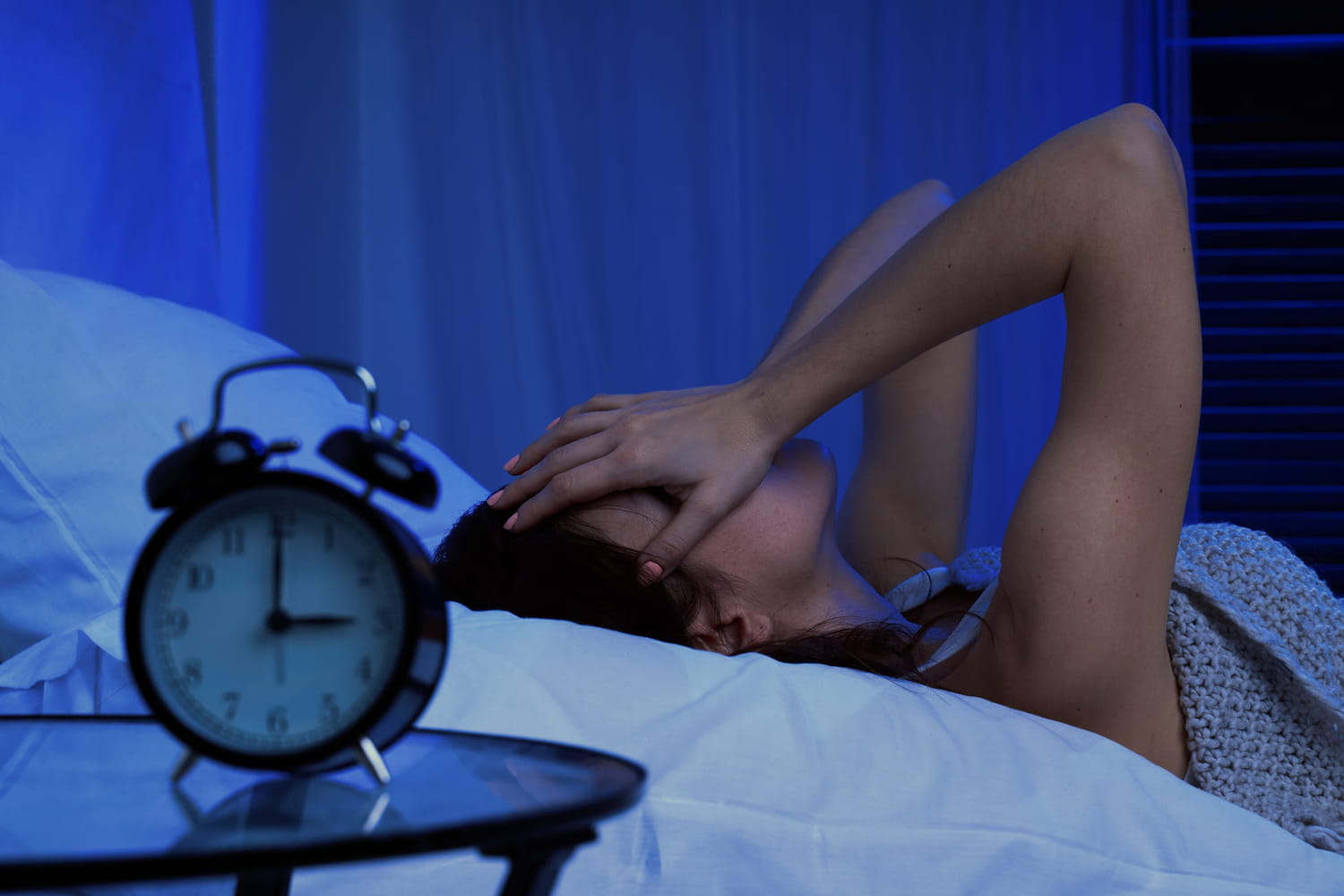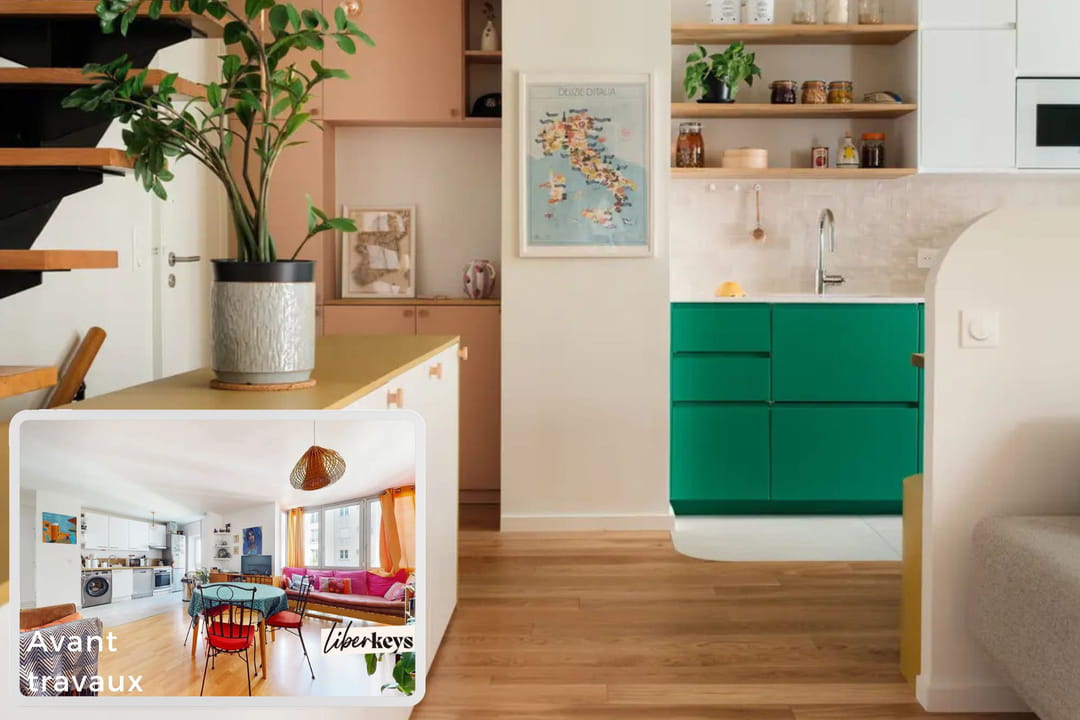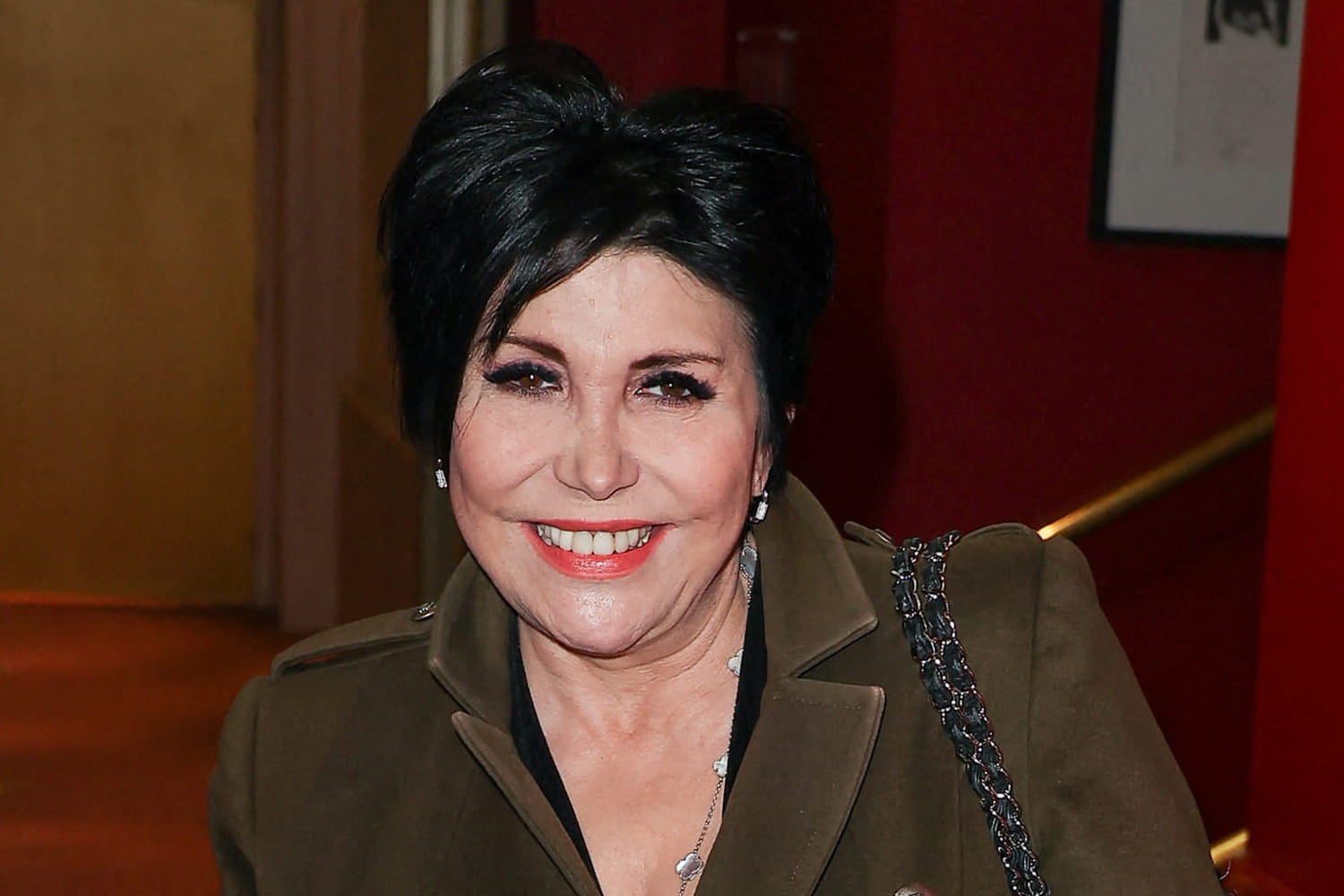When you are asked to arrive very early at the airport, it is not only to anticipate the wait at the controls: it is a real manipulation technique.
The plane is undoubtedly the safest mode of transport available. Unlike trains, for example, the rules are very strict when it comes to air travel. Whether once on the plane or even well before arriving at the airport, there is no question of letting the slightest misstep go unnoticed: suitcases are scrutinized, passengers undergo random checks looking for prohibited items or traces of explosives, liquid containers are highly regulated, phones must be turned off or in airplane mode…
Thus, in-flight and airport security has become a top priority. However, certain rules were not established solely for this reason, quite the contrary. When you are asked to arrive two or three hours before your flight departs, it is not just to anticipate the wait at security checks. It is also a trap cleverly designed by airports, as revealed by “Queen of Cockpit”, a star flight attendant on social networks, followed by more than 540,000 subscribers on TikTok.
Getting so far in advance is above all a way of encouraging spending. “Arriving two or three hours before your flight is often way too early. Result: you get bored, you wander around, and lo and behold, you end up falling for an overpriced purchase or coffee.”explains the specialist in a video. But this rule is far from being the only manipulation of airports. Another invisible detail that encourages consumption is the lack of seats in the departure lounges. Everything is calculated so that passengers head towards the catering or sales points, to pass the time. “If you want to sit down, everything is always busy! So, no choice, you go to Starbucks or the airport restaurant.” reveals the flight attendant. Other traps are also designed to influence our wallets: limited promotions and pack sales in Duty Free areas, which suggest that the prices are advantageous when this is not always the case; but also the famous 100 milliliter rule for containers in suitcases, which encourages people to buy drinks at exorbitant prices once security has passed.
In short, far from being just places of transit, airports are designed as real sales machines, where every detail of the passenger journey is optimized to encourage consumption. Behind the facade of security and organization lies a universe where psychology, commercial strategy and space management skillfully intertwine. But we must admit: when the wait is prolonged, we are never really unhappy to find a shop, a café or a counter to occupy the time.









